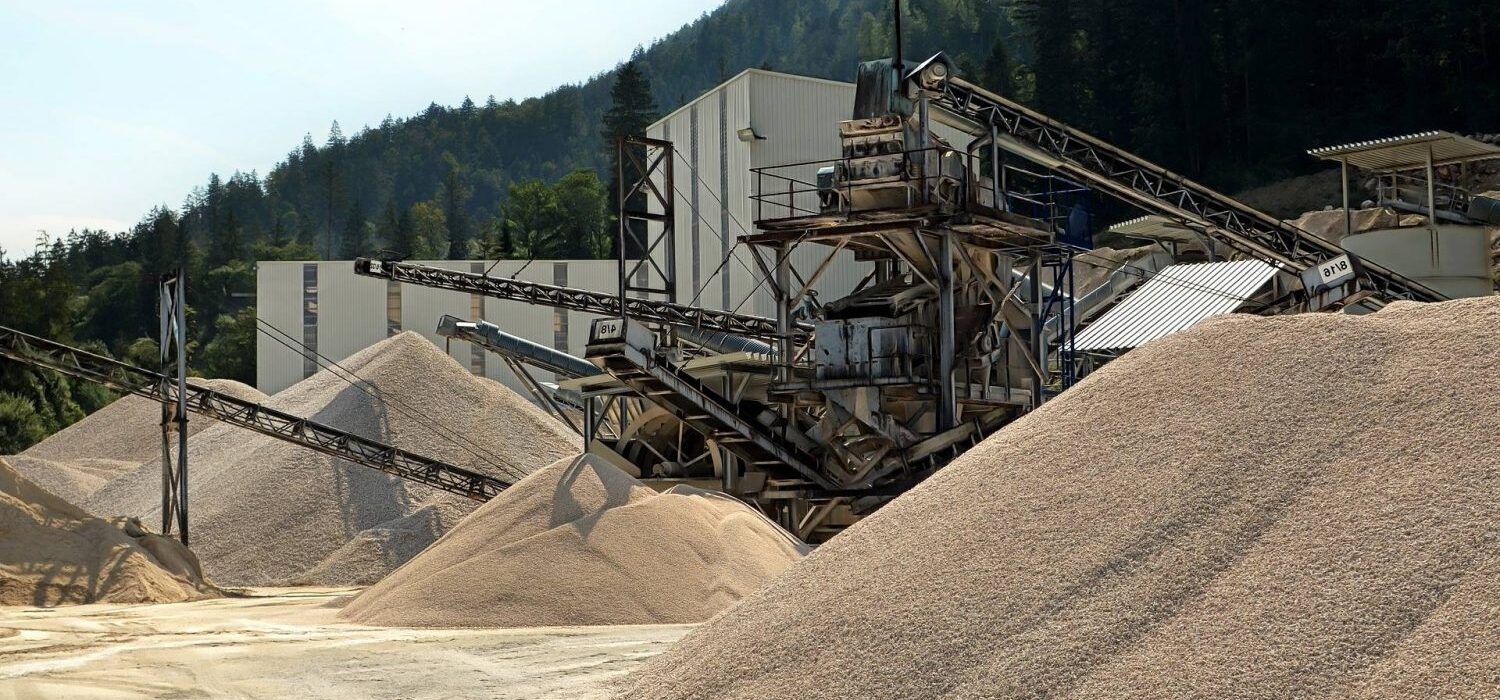Geotechnical research – what it is – building a house is a multi-stage investment that requires a lot of planning. There are many difficulties on each of them, but in the end, with the right funding, the whole process can be brought to a happy end.
However, everything has to start even before the shovel is dug in for the first time. Problematic in this situation is primarily the need to arrange a large amount of documentation. One of the elements of the whole process is to perform geotechnical tests of the soil.
Mining geology leads to answers to many questions. However, not everyone is aware of what this test looks like and for what purpose it is done. Reservoir geology is a slightly different science, but it is on this basis that a large amount of knowledge has been achieved, which is now useful in architecture.
Mineral geology allows for the collection and analysis of individual soil samples, and on this basis we can infer many issues. What information can be obtained from this? What is the purpose of research at all?
For what purpose are geotechnical soil tests performed?
First of all, it is worth presenting why these tests are performed at all. First of all, they are proof that the house will later be erected under controlled conditions. What are the benefits? The most important thing is that the house will not collapse. Possible digging of the foundations may lead to cracking of the walls. Secondly, geotechnical studies are performed to obtain a building permit for the house. However, this is not such an obvious issue, because while the law actually requires attaching this document, in practice there are discrepancies in this matter.
This is due to the difficulties in unambiguous interpretation of this law. So there are two major issues. The first is the benefits of placing the building on a stable ground, and the second is legal issues. Remember that information about unstable ground may make the architect propose a different foundation solution (e.g. foundation footing) and thus increase the stability of the entire structure.
- https://vag-mania.pl/wynalazki-ktore-ulatwily-rolnikom-zycie/
- https://www.iwebmaster.pl/z-jakich-materialow-robi-sie-namioty-eventowe/
- https://www.hobby-education.com.pl/co-warto-wiedziec-przed-wizyta-w-poradni-rehabilitacyjnej/
What are geotechnical soil tests?
Secondly, it is worth answering how they are performed at all. Reservoir research contributed to a significant improvement of knowledge on this subject. However, everything must start with the sampling itself. This is usually done by drilling three wells. Of course, we can make more of them and then the area will be checked more thoroughly.
Due to formal issues, however, three wells provide sufficient information. At the same time, it is also effective from a practical point of view. Most often, samples are taken from three corners of the house. On this basis, you can interpolate the results on the remaining surface.
The mining geologist, based on the obtained results, is able to provide information on the stability of the ground, but this is a simplification that is best understood. However, to be precise, information is obtained about the chemical composition of the soil, its bearing capacity and water conditions.
When to perform a geotechnical soil survey?
The best solution is to perform a geotechnical survey of the soil before purchasing the plot. In such a situation, we will know whether we can really be interested in building a house in a given area. It’s not like bad soil will completely eliminate construction opportunities. The problem, however, is that more money has to be spent on the proper siting of the building.
After all, more stable foundations are more expensive. On the other hand, everyone will understand that a person who is not yet sure that they will build a house in a given area does not want to invest several hundred zlotys in this area. So it’s not obvious, but reservoir geology can answer many questions. Before building a house, however, we must perform a geotechnical study.
How to choose a geotechnical survey company?
First of all, we should choose companies that have already carried out many successful investments. We should also decide how many wells to drill. We have already mentioned that drilling three wells will be sufficient. We should also check the scope of the research itself. Obtaining results is important from the point of view of documentation, but it is worth getting the most out of this situation. The cost of implementation varies and you do not need to convince anyone that it is also one of the main factors of choice.
Summary, or what is a geotechnical survey?
Geotechnical examination of the soil allows to determine the specificity of a given area. This allows us to obtain important information on whether the site is safe to build a home. Failure to perform this analysis may lead to future problems. The first is the subsidence of the foundations, and the result is possible cracking of the walls.
When performing geotechnical research, boreholes are initially made and it is usually recommended to make three boreholes. On this basis, geotechnicians create laboratory analyses. Ultimately, we can obtain information about the chemical composition of the soil or water conditions in a given area. Geotechnical research is primarily required to obtain a building permit. However, they should be treated more broadly and actually benefit from them.







